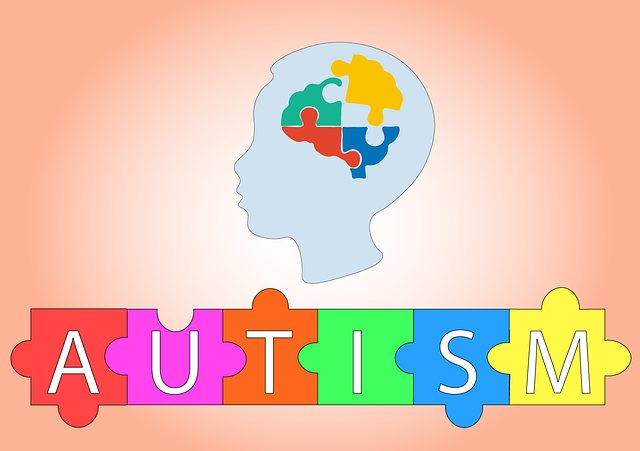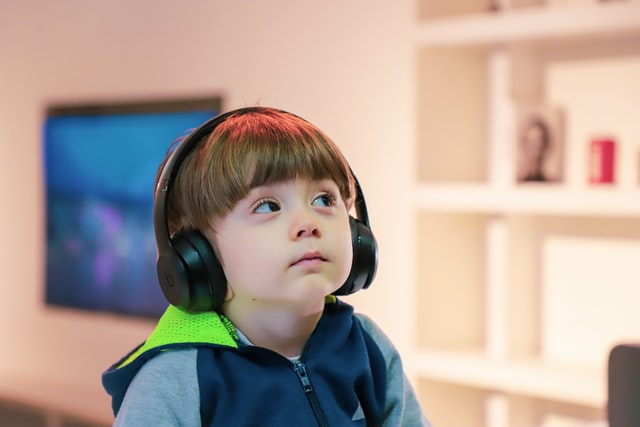Receiving an autism diagnosis for your child changes your world. In so many ways, it’s a relief because you finally understand what’s going on with your child. It can be scary at first because you are dropped into the unknown and have to figure out the best way to support your child through health care, school and more. Telling your friends and family can be difficult. Some will be very supportive, and others may be less so. Follow these five tips for explaining an autism diagnosis to others.
1. Share the facts about autism

First, share the facts when explaining an autism diagnosis to others. Your family and friends may be full of questions. They may ask about what causes autism, what are the signs and characteristics, how will it affect your child’s school experience, what treatments are available, how will it change your child’s ability to be independent one day, etc.
In addition, it’s important to explain that while scientists don’t know the specific cause of autism, they do know that it is hereditary. They also have debunked the notion that vaccines cause autism. They do not, and scientists have shown that is not the cause.
You may want to share credible resources about autism with them, so they can do some additional research themselves and learn more.
2. Explain behaviors and levels of autism
People with autism have different characteristics. What’s the saying? If you’ve met one person with autism, then you’ve met one person with autism. No two children with autism look the same. Explain some of the primary characteristics and behaviors of people with autism and then talk about some of the specific ones that your child exhibits.
For instance, if your child does not make eye contact with others, explain that it’s a characteristic of many people with autism. Social skills are challenging for most people with autism. You can share how your child has difficulty interacting with kids their own age and discuss examples of that type of behavior. Many family members and friends have probably noticed the lack of social skills at birthday parties, family events and other interactions but may have been confused and not wanted to say anything before. Or maybe it’s been a big topic of discussion between you, and now you know the reason behind it.
The Diagnostic and Statistical Manual of Mental Disorders, 5th Edition, defines Autism Spectrum Disorder with three levels to help healthcare professionals, parents, educators and others determine the amount of support and treatment or therapies a person on the spectrum needs. It’s not a perfect system, but it is better than trying to define the amount functionality an autistic person has.
Here are the three levels:
- Level One: Requires Support
- Level Two: Requires Substantial Support
- Level Three: Requires Very Substantial Support
For more information on the levels, take a look at this blog post. For an autism explainer post to share with others, click here.
3. Tell them how the diagnosis will benefit your child

An autism diagnosis means that your child will be able to receive the support and services they need through the school and other organizations. That will lead to more success in school and life. Obtaining the right treatment, therapy and school support can be transformative to your child, especially if they receive them early in life. It’s important to share these aspects as you are explaining an autism diagnosis to others.
In addition, having a diagnosis and being able to understand what is going on with your child allows you to better care for them and support them emotionally.
4. Anticipate push-back from some family and friends
Some friends and family may push back and not believe the diagnosis. They may advise that you shouldn’t “label” your child and that the label could have negative effects. Autism isn’t a physical disability, so some people will not see your child fitting their image of someone who has autism.
We had an experience like that when a couple of our family members said they didn’t believe it when our son J was diagnosed. It made a difficult situation even harder for us.
When this happens, you need to hold your ground but be patient. Take some extra time to explain autism and how you are working with various providers (e.g., medical, school, therapy and others) to give your child the best care and support. They may need some time to process the information and to learn more about the condition before they accept the diagnosis.
For more information about dealing with family and friends rejecting your child’s autism diagnosis, read this blog post.
5. Seek support

When explaining your child’s autism diagnosis to others, don’t be afraid to ask for support. They say it takes a village to raise a child. I believe that is even more important when you have a child with special needs, yet it’s harder to bring that village – or support network – together.
You have to be positive about your child and ask for friends and family to come alongside you to create a community. One that promotes your child’s strengths. If you need specific help with your child, ask for it. Your friends and family may want to help but are not sure what to do. Find other parents of kids with autism through local support groups or even through your child’s school.
Do you have any tips to share about explaining an autism diagnosis to others? Leave a comment, so parents/caregivers can connect and support one another!







